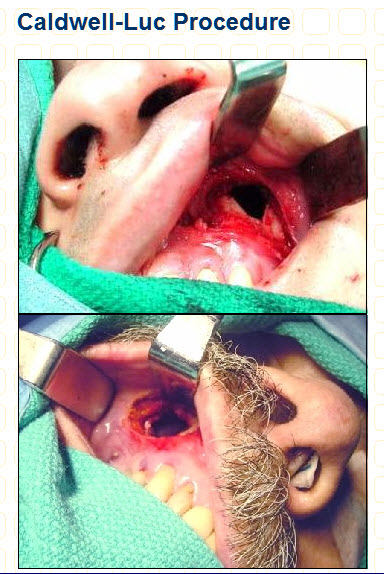
I’m always intrigued when someone seems to know to go to the ER for something I might decide to wait out — even given everything I know about health and wellness. Maybe when something’s really wrong you can just sense it, but I also realize the importance of knowing what kinds of pain can be a sign of something more serious.
Here’s a quick description of eight signs and symptoms that shouldn’t be ignored.
1. Really, really bad headache. A severe and sudden headache — the worst headache of your life — could be a sinus headache, but could also be a brain aneurism. if you also have stiffness and you can’t move your neck, meningitis is a possibility and you’ll need antibiotics immediately to prevent permanent damage. it seriously can’t hurt to go to the ER.
2. Pain in the chest, arms, back, neck or jaw. the most commonly reported heart attack symptom among men is chest discomfort, often described as a heaviness, tightness, or even a burning sensation. the feeling usually starts in the center of the chest and may or may not radiate to other areas of the body. it may go away and then come back, or it may be continuous.
But sometimes the pain of a heart attack doesn’t occur in the chest. Instead there might be discomfort or pain in one or both arms or back, neck, jaw, or even stomach. Women are more likely than men to experience pain in the jaw or back during an attack. it can be hard to tell if the discomfort is related to a heart attack or something else entirely, but if the pain came on suddenly or if you are experiencing another symptom as well, call 911.
3. Flashes of light. the sudden sensation of flashing lights can indicate retinal detachment. Immediate medical attention is important as it may prevent permanent vision loss.
4. Pain in the lower back or between shoulder blades. This can often be arthritis, but other possibilities include a heart attack, abdominal problems, or aortic dissection — which can appear as either a nagging or sudden pain. People who are at risk for aortic dissection have conditions that can change the integrity of the vessel wall, such as high blood pressure, a history of circulation problems, smoking, and diabetes.
5. Unusual stomach pain. the main symptom of appendicitis is abdominal pain — it can feel like indigestion or like you need to have a bowel movement or pass gas, and often begins near the belly button before moving to the lower right side of the belly. But the pain can be in different parts of your stomach or even on your side. the pain of appendicitis is often described as “hard to describe.”
It may not be a very intense pain, but you may feel like something is wrong. if you have moderate belly pain that does not go away after 4 hours, call your doctor. if you have severe belly pain, call your doctor right away.
6. Loss of vision or speech, sudden weakness. Do you know these warning signs for a stroke or mini stroke? Sudden weakness or numbness on one side of your body; sudden dimness, blurring or loss of vision; loss of speech or trouble understanding others; unexplained dizziness or unsteadiness, or a sudden fall; a sudden severe headache. if you have these signs or symptoms, every minute counts.
7. Pain in your calf. Two million Americans a year are affected by life-threatening deep vein thrombosis (DVT), a blood clot that can happen in the deep veins of the leg. the risk is that a piece of the clot can detach and move to the lungs, which can be fatal. Risk factors include cancer, obesity, immobility due to prolonged bed rest or long-distance travel, pregnancy, and advanced age.
If you have pain or even just unexplained swelling in your calf, and especially if it’s accompanied by having shortness of breath, chest pain, or difficulty breathing — call 911.
8. Feeling full quicker than usual. if you’ve started to feel full after eating less than normal, and it has lasted longer than a week, it may be a cause for concern. if you have other symptoms such as nausea, vomiting, bloating, fever, and weight loss or gain it could indicate heartburn and irritable bowel syndrome, as well as more-serious problems like gastric outlet obstruction or esophageal cancer.
Related:
- Five Signs of a Stroke
- Top 10 Heart Attack Symptoms you Might Ignore